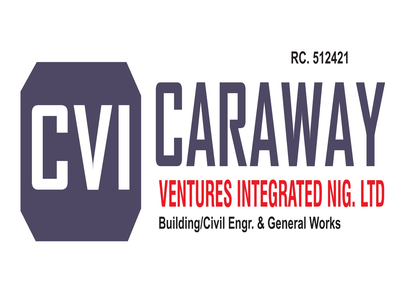
Sustainable construction is no longer an option—it’s a necessity. As environmental concerns grow and regulations tighten, the construction industry is shifting towards eco-friendly practices, energy-efficient designs, and sustainable materials.
In this article, we’ll explore the key trends and innovations shaping the future of sustainable construction.
1. Green Building Materials
Traditional construction materials contribute to environmental degradation, but eco-friendly alternatives are revolutionizing the industry.
Popular Sustainable Materials:
Bamboo: Fast-growing and highly durable, reducing deforestation.
Recycled concrete & steel: Lowers waste and carbon footprint.
Solar roofing & energy-efficient glass: Enhances sustainability while reducing energy costs.
Using sustainable materials helps lower emissions, minimize waste, and create long-lasting structures.
2. Net-Zero Energy Buildings
A net-zero energy building (NZEB) produces as much energy as it consumes, making it one of the most promising trends in sustainable construction.
Key Features of NZEBs:
Solar panels & wind turbines for renewable energy generation.
Smart energy management systems to optimize power usage.
High-performance insulation to minimize heat loss and cooling needs.
By integrating energy-efficient solutions, buildings can reduce their environmental impact and lower utility costs.
3. Smart & Sustainable Construction Technologies
Technology is playing a critical role in making construction more eco-friendly and efficient.
Notable Innovations:
3D Printing: Reduces material waste and speeds up construction.
Automated Machinery: Improves precision and minimizes errors.
IoT & AI-Powered Monitoring: Tracks energy consumption in real-time.
The use of technology-driven solutions ensures faster, smarter, and more resource-efficient construction.
4. Water Conservation & Waste Management
Sustainable construction focuses on reducing water consumption and managing waste effectively.
Best Practices for Water & Waste Reduction:
Rainwater harvesting systems to reuse water efficiently.
Greywater recycling for irrigation and flushing systems.
Modular & prefabricated construction to reduce material waste.
These methods lower environmental impact while cutting down operational costs.
5. Green Certifications & Regulations
Governments and organizations are pushing for eco-friendly construction standards through various certifications.
Popular Green Building Certifications:
LEED (Leadership in Energy and Environmental Design) – Globally recognized for sustainability.
BREEAM (Building Research Establishment Environmental Assessment Method) – Focuses on environmental performance.
EDGE (Excellence in Design for Greater Efficiencies) – Designed for emerging markets.
Complying with these standards ensures higher property value, better efficiency, and environmental responsibility.
6. Urban Green Spaces & Biophilic Design
Integrating nature into urban spaces is becoming an essential aspect of sustainable construction.
Benefits of Biophilic Design:
Living walls & rooftop gardens improve air quality and reduce heat.
Green public spaces enhance well-being and biodiversity.
Maximized natural lighting reduces electricity consumption.
These features create healthier, more livable environments while supporting sustainability.
The future of sustainable construction lies in green materials, smart technology, energy efficiency, water conservation, and eco-friendly certifications. As the industry evolves, embracing these innovations will not only benefit the environment but also increase efficiency, reduce costs, and improve quality of life.
Sustainability isn’t just a trend—it’s the future of construction. Are you ready to build greener?




